As we discussed in our ‘Incoterms® explained‘ article, the ICC (International Chamber of Commerce) currently promotes eleven Incoterms®, and each Incoterm® has a unique allocation of risk, costs, and responsibility for both buyer and seller. Certain Incoterms® can only be used for ocean transport, while others can be used for all modes of transport. The four Incoterms® that apply specifically to ocean transport are FAS, FOB, CFR, and CIF. The remaining seven Incoterms® can be used for any mode or combination of modes of transport, i.e., multimodalism. This article focuses on FOB and its implications for the seller.

How Does FOB Work?
Free on board (named port of shipment) Incoterms® 2020 or FOB is a commonly used sea freight departure term. Under FOB, the risk, cost and responsibility associated with getting the goods to the named port of shipment lie with the seller. It is also the seller’s responsibility to have the good’s customs cleared in the exporting country. Every Incoterm® has a critical point where the seller’s risk ends and the buyer’s risk begins. Under FOB, the seller’s risks, costs, and responsibilities only end once the goods are placed on board the ship or vessel. Thus, the seller must have the goods loaded on board the ship and pay the associated costs. Once the goods have been loaded on board the vessel, the seller is issued an onboard bill of lading evidencing they have successfully delivered the goods. Under FOB, the buyer is obligated to pay the cost and bear the risk associated with the main transport leg and would also have to customs clear the goods in the importing country.
When is FOB Used?
As we discussed, FOB is a commonly used Incoterm®. However, it is important to remember that the Incoterm® agreed upon in an international sales contract results from negotiation with your buyer. There are several factors an exporter should consider before agreeing to a specific Incoterms® inclusion. All things equal, the decision to use FOB could come down to the buyer’s ability to access better freight rates than the seller; however, it is not the only deciding factor.

There are numerous nuances and essential factors to consider when working with Incoterms®, too many to summarise in a single article! Trade Forward Southern Africa, in collaboration with the International Trade Institute of Southern Africa, has created a free and comprehensive online training course that provides training on all aspects of Incoterms®, including understanding the critical points of FOB, CIF and CFR. Click the links below to sign up for free and get started.
To sign up to the School of Export CLICK HERE.
If you already have a profile, CLICK HERE to login to begin the module.
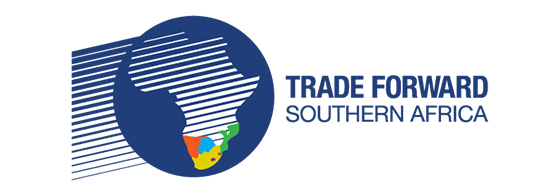
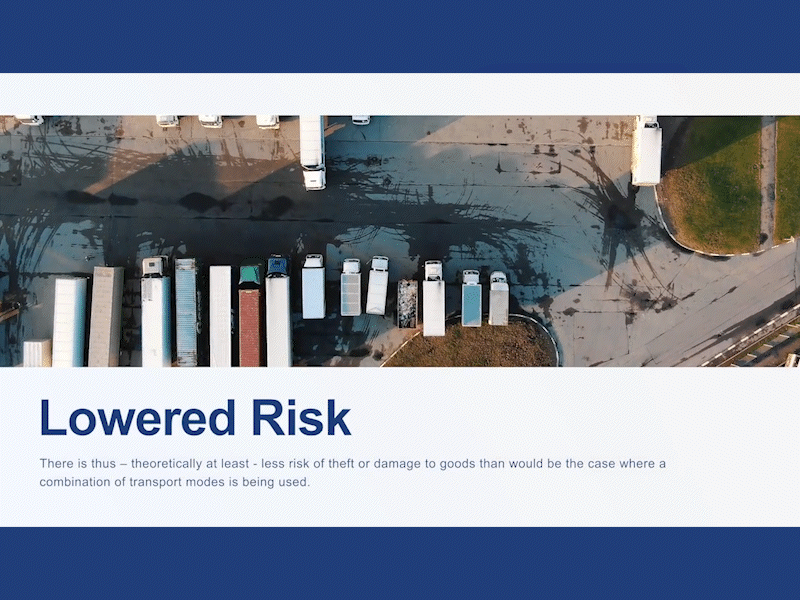
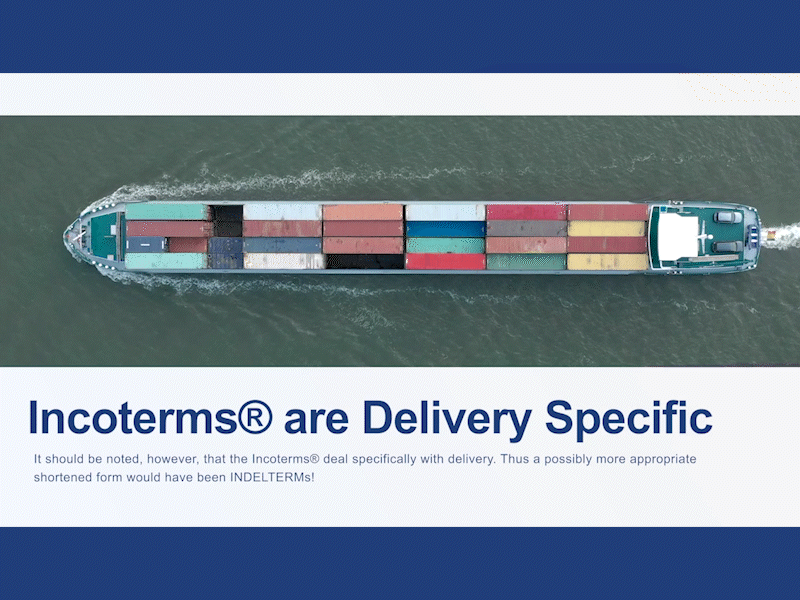
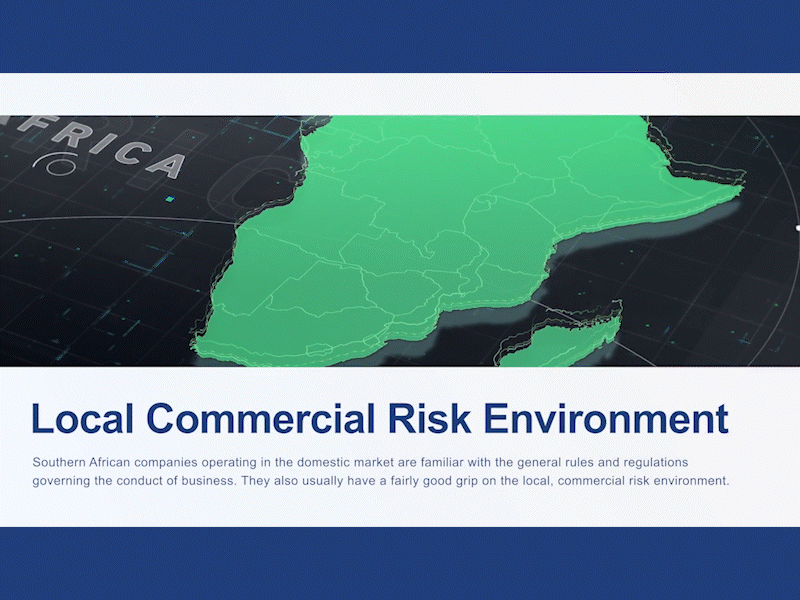
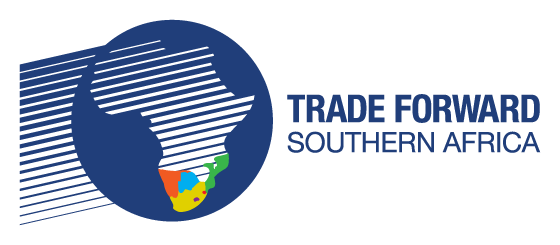





After looking at a few of the blog articles on your web site, I truly appreciate your way of blogging. I saved as a favorite it to my bookmark site list and will be checking back in the near future. Please visit my web site as well and let me know what you think.